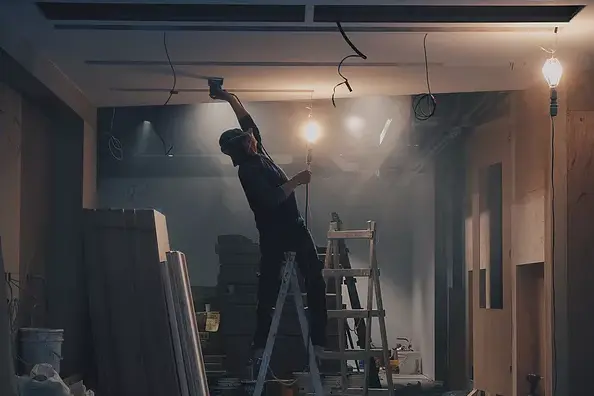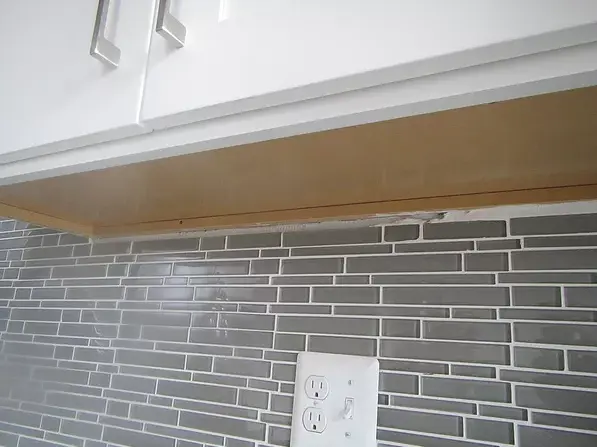Also published on the Huffington Post
~~~~~
We’ve all been there – walking around that gorgeous house that’s finally for sale. Months of construction, preceded by years of abandonment, preceded by decades of neglectful owners and it’s been spruced up and is ready for a new owner. As you exchange the winks and nods with your partner, or friend, or mom – whomever you brought with you for validation, you know this is the one on which you want to submit an offer.
Just as you’re about to fall asleep that night, as visions of Home Goods dance in your head, that little nagging voice asks if you’re sure. You don’t want to buy a money pit. Everything seems shiny and new, but how do you know that it’s been done right? How do you know that behind the walls there isn’t a tangled mess of improperly run electrical wire, waiting to ignite? How do you know that the toilet lines are draining into dedicated waste lines instead of tapped into the plumbing line?
Home Inspectors are amazing, awesome and necessary partners in the process of homebuying, but they don’t have x-ray vision. They can only see what they can access, and depending on what’s visible and what’s been covered behind drywall, you may not get the whole picture.

This doesn’t mean you can’t get a true sense of how good a renovation this is, but you have to look and listen harder.
You will be involved in the process from the time you place the offer to closing. There are many stops along the way where you communicate with the seller via your agents. Pay attention here and really evaluate how the other side behaves.
1) Is their lockbox clearly marked, easy to find with nice new keys inside? Or is a rusted mess with keys from the 1960’s that barely work? Bad sign if they couldn’t even change out for new locks or invest in a legitimate lockbox instead of one of the basic combination boxes.
2) Are they involved during the marketing process and demonstrate overall pride of ownership? The best of the best will even be at their own open houses so they can respond to potential buyer’s questions or requests.
3) During the negotiation of your offer, are they generally easy to work with, forthcoming with information and willing and happy to answer questions? Or do they give you flip answers for things? I recently asked a seller’s agent where the light switch was for a closet light that was always on. When he replied, “magic,” I didn’t laugh. Turns out they never put in a light switch. Can it be fixed? Sure. But it’s an indication of corner-cutting.
4) Is the backsplash crooked? This makes me laugh because I have used this for years as the example to clients who are apprehensive about purchasing “flips.” During our initial consultation I always said, “Is a crooked backsplash an issue? No, but it indicates a lack of attention to detail.” All these years of this generic example and last month it finally happened – there was the sloppy backsplash in a flip my client loved! It would have been so easy to fix, but they didn’t. This indicates more corner cutting.

Unfinished Backsplash; Outlet should be GFI as this is next to the sink.
5) Is the house clean and staged? I realize this sounds a bit elitist here but in Washington DC’s Real Estate Market the stakes are high. If there are leaves swirling around on the floors, a thick layer of dust on the counters and you have to jump over abandoned construction equipment, this seller/flipper is not in control of their asset. What else have they turned a blind eye to or left to chance?
The more houses I see the faster I get at the game of “Find this house’s crooked backsplash.” You will also notice your skills sharpening if you pay attention and if your Real Estate Agent points these things out to you as your tour homes.
Hire a thorough Home Inspector known for detail and don’t be afraid to bring in additional consultants (structural, mold) to evaluate the home and the condition of the renovation.




